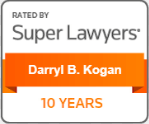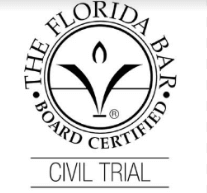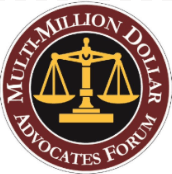Table of Contents
After the tragic and often-unexpected death of a loved one, families are faced with many questions. If another party’s negligence was responsible for the death, many of these questions will revolve around compensation. How much is a potential wrongful death claim worth? How will this money be distributed?
Although no lawsuit can return what has been lost, wrongful death cases are an attempt by the court to financially compensate families for the loss of their loved one. This includes the more straightforward damages of a lost paycheck from a breadwinner, to more nuanced losses that stem from how that individual contributed to their family’s support in general, such as the services or companionship they provided.
For families in Southern Florida that are deciding how best to move forward in this incredibly challenging and emotionally draining time, speaking with an experienced Stuart wrongful death lawyer at Kogan & DiSalvo can help provide legal context to your situation and give you seasoned, honest guidance about next steps.
Common Causes of Wrongful Death
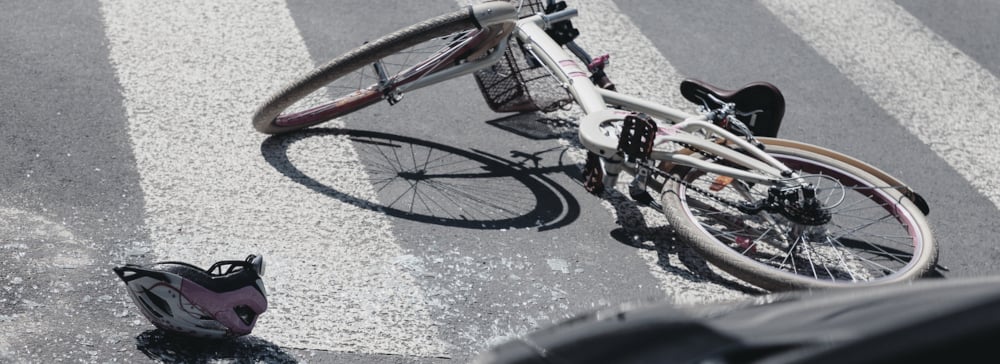
To form the basis of a wrongful death claim, a death must result from negligence, a wrongful act, or default or breach of contract or warranty. This is a fairly broad range of circumstances that covers many different types of accidents, incidents, or mistakes that result in a death.
While fairly unexpected or exotic events can have catastrophic results, the most common causes of wrongful deaths include everyday activities like driving, walking, or eating. Frequent causes of wrongful deaths include:
- Vehicular accidents, especially truck accidents and motorcycle accidents;
- Pedestrian accidents;
- Medical malpractice, particularly during high-risk surgeries like brain surgery;
- Product liability cases, such as toxic food products;
- Slip and falls, which are more likely on uneven ground, stairs without railings, or hard surfaces like pavement with hazards like ice;
- Intentional actions, such as violent crimes; and
- Accidents at work, particularly in inherently risky industries like construction.
Economic Damages
In the legal industry, “damages” are the losses from an accident that an at-fault party must pay for. Economic damages are financial losses stemming from the accident or incident. These damages will attempt to compensate a family financially for the loss of assistance the decedent provided that has a dollar amount. For example, if a family lost the person who handled their finances, they may calculate the price of accounting services they will now need to pay for an accountant or tax expert. Economic damages in a wrongful death case can include:
- Loss of services, such as childcare services, home healthcare in the case of a disabled spouse, transportation, and a broad range of other possible services with a market rate;
- Funeral and burial expenses;
- Loss of income, such as wages, benefits, commissions, bonuses, childcare, and other economic gains through the decedent’s employment; and
- Hospital bills and other expenses paid by the estate.
While these damages are the most straightforward, they still require gathering and presenting evidence, arguing for the value of the services lost, and additional preparation that is best handled by a legal professional.
Non-Economic Damages
Non-economic damages are the intangible losses that are suffered by survivors. Wrongful death damages for these intangibles require a more nuanced argument and are often based upon highly-subjective factors, such as a survivor’s relationship with the decedent.
Some examples of the non-economic damages that can be collected for wrongful death include:
- Loss of emotional support that was provided to the family by the decedent;
- Mental pain and suffering;
- Loss of parental guidance and companionship; and
- Loss of spousal companionship.
Because these damages are so subjective, they benefit from every bit of evidence that can be found. This can include:
- Proof of the support that the decedent provided,
- The closeness of the relationship;
- Statements and testimony from mental health professionals treating survivors; and
- Peer-reviewed articles and expert witness testimony on the profound effect the loss is having on the survivors.
Punitive Damages
Although punitive damages are awarded to a plaintiff, they are not to compensate them for their loss. These damages are also referred to as “exemplary damages,” and the two names summarize their dual purpose well – they are to punish a party that has acted particularly wrongfully, as well as to make an “example” of them and deter potential future defendants from performing similar acts.
In Florida, to qualify for punitive damages, a plaintiff must demonstrate that the wrongful death resulted from gross negligence or intentional conduct. This must be proven by “clear and convincing” evidence, which is a step higher than the usual “preponderance of the evidence” or “more likely than not” that most other damages require.
Gross negligence is negligence beyond a usual minor misstep; rather, it is conduct that is so reckless that it constitutes a conscious disregard or indifference to the victim’s life, safety, or rights. Intentional conduct is when a defendant has actual knowledge of the wrongfulness of their conduct and the high probability that injury or damage would result, but still intentionally pursued their course of conduct.
Due to the heightened requirements of these damages, they are rare. However, when they are won, they are typically for an amount meant to make an impression. This often results in punitive damages being the highest award of any type of damages.
Modified Comparative Fault Jurisdiction
Florida is a modified comparative negligence jurisdiction, meaning that any award of damages will be reduced in proportion to the responsibility of the decedent for the accident as long as they are 50% or less at fault. If they are under 51% at fault, the family of a decedent would still be able to recover. If they are 51% or over, they will be barred from recovery completely.
For example, suppose a driver in a car runs a red light and is hit by a truck whose driver was sending a text. The court determines that the decedent is 60% at fault for the accident for acting negligently in running the red light, and the distracted trucker was 40% at fault for not seeing and responding to this in a reasonable time. In this case the decedent would be unable to recover any compensation.
Who Receives Compensation in a Wrongful Death Lawsuit?
Surviving family members eligible to receive compensation from a wrongful death claim include:
- Parents;
- Children; and
- A spouse.
Other relatives who depended on the decedent for support may qualify to receive compensation as well, but only after the spouse, children, and parents have.
Statute of Limitations
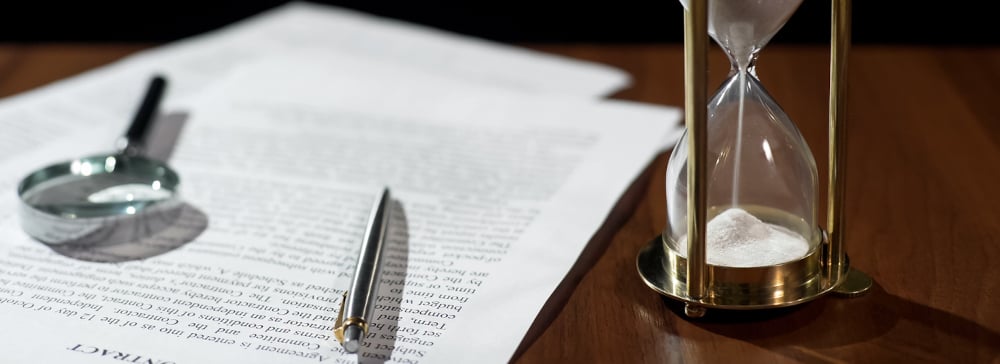
The statute of limitations is two years from the date of the death of the decedent to file a wrongful death lawsuit.
Some circumstances can toll the clock for a wrongful death lawsuit, such as if a defendant flees the state to escape liability for the lawsuit or assumes a false identity. However, tolling of the statute of limitations is rare, and should be discussed with an experienced wrongful death attorney.
How a Stuart, FL Attorney Can Help
Wrongful death cases often involve large damages, and opposing parties will likely spend hefty resources to minimize, delay, or deny liability. If you have lost a loved one in South Florida, consult with a skilled and compassionate wrongful death attorney at Kogan & DiSalvo. We will give you all the information you need to decide what next steps are right for your family. Free consultation.





